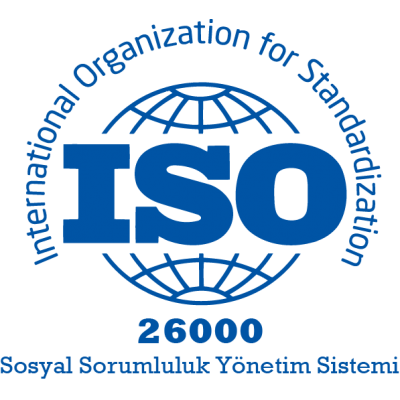
ISO 26000
Objectives of ISO 26000
Promote Social Responsibility Awareness: To help organizations understand their social and environmental responsibilities.
Support Sustainable Development: To promote economic, environmental, and social sustainability goals.
Strengthen Stakeholder Engagement: To enable organizations to communicate effectively with their stakeholders.
Enhance Ethical Business Standards: To foster a management approach based on transparency, fairness, and ethical values.
Improve Social Impact: To create a positive impact on society.
Key Principles of ISO 26000
Accountability:
Organizations should be accountable for the impacts of their activities.
Transparency:
Clear information should be provided about activities, decisions, and the impacts of those decisions.
Ethical Behavior:
Actions should be based on honesty, fairness, and integrity.
Stakeholder Engagement:
Collaboration should occur with all stakeholders who are affected by or can affect the organization.
Respect for the Rule of Law:
Full compliance with national and international laws must be ensured.
Respect for International Norms of Behavior:
Actions should be in accordance with human rights and international norms of social responsibility.
Respect for Human Rights:
All human rights must be respected and protected.


ISO 26000 is an international standard defined as a Social Responsibility Guidance document. This standard provides guidance to help organizations define, understand, and implement their social responsibilities. ISO 26000 is not a management system standard; rather, it is a document that offers recommendations and guidance. It does not require certification and is implemented entirely on a voluntary basis.
Contact Us to Meet Your ISO Certification Needs and Increase Your Efficiency.
We offer affordable and effective solutions tailored to your needs.
The information presented on this website does not constitute legal advice and is intended for informational purposes only. KompassEurope.com.tr assumes no responsibility for any errors or omissions in the information contained on this website. Any decisions made or actions taken by the reader based on this information are solely at the reader's own risk, and KompassEurope.com.tr shall not be held liable for any legal consequences arising from such decisions or actions. Readers are strongly advised to seek professional legal counsel regarding their specific circumstances and concerns.
© 2025 Kompass Europe. All rights reserved. The contents of this website belong to Kompass Europe and are protected by copyright laws. Copying, publishing, distributing or any commercial use of the information on the website is possible only with written permission. By using this site, you agree to our Terms of Use and Privacy Policy.
